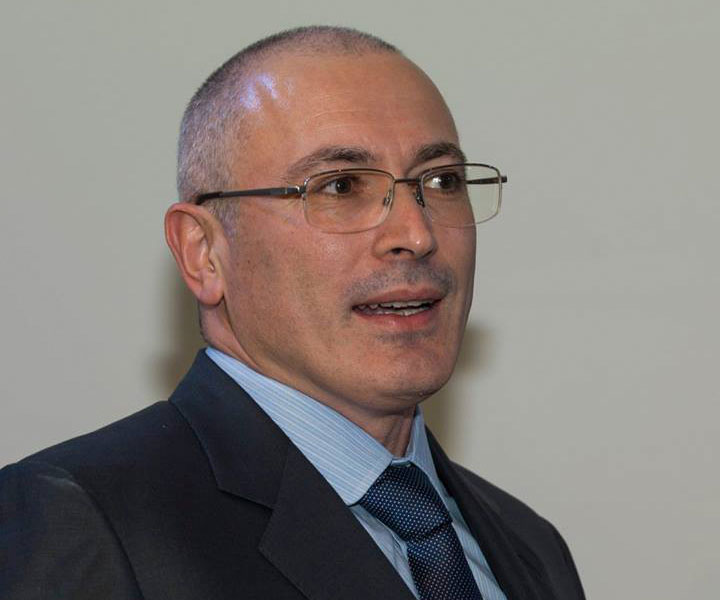“The United Kingdom has voted to withdraw from the EU”
This is called civic responsibility. Those who have it are the ones who determine the future of their country. And not only at election-time.

Mikhail Khodorkovsky
The United Kingdom has voted to withdraw from the EU. As usual, young people campaigning for integration partly failed to turn out, and the choice was left to a more conservative, though more disciplined, group.
This is called civic responsibility. Those who have it are the ones who determine the future of their country. And not only at election-time.
The Prime Minister desperately wanted to avoid this scenario, and now he must depart the scene – having lost the key battle of his political career. Nonetheless, every vote has been fairly counted. Prior to the referendum itself, the campaigns were run in a fair manner, with the PM engaging in debates with his opponents and representatives of civil society, while also publicly hearing out all sorts of opinions about himself (albeit ones expressed in a highly polite and constructive fashion).
This is what democratic governance is all about – and we Russians would do well to learn from it.
Has the British public made a mistake? I believe that it has. People may be exasperated at the fact that excessive sums of money have been spent on funding the Brussels bureaucracy and propping up Europe’s less robust states, but this is incommensurate with the losses Britain will incur following any weakening of economic ties. And, whatever form the renegotiated integration agreement might take, those ties will indeed be weakened. Internal relations with Northern Ireland and Scotland may well face new challenges. Separatists will undoubtedly try to take advantage of the situation.
There will be a price to pay for this decision. But it is the choice of a people that learns from its mistakes and negotiates their consequences with optimism, because this is a people in charge of its own destiny.
Among other things, real life entails the right to make mistakes. After all, a crust of bread eaten by those who enjoy genuine freedom tastes better than any cake scoffed in a prison cell.
As for us Russians and everyone else, we can expect increasing German and American influence in Europe; we can expect European radicals to gather momentum. The dollar and gold will both rise; the pound will tumble and then rally; in time, the euro will fall. Sanctions (with the exception of those on Crimea) will likely be cancelled by the end of the year (provided there are no flare-ups in the Donbas). Though, given the quality of state governance in Russia, the cancellation of sanctions and counter-sanctions will only serve to drive home the fact that they’re not the real issue.
In September, the Duma will be elected “on our behalf” – and it shall continue enacting laws benefitting those who elected it. Our public, I’m afraid to say, will find itself entirely by the by. Yet how great it is that there’ll be no need to do your own thinking, no need to make your own decisions; and your gruel ration, of course, will still be doled out to you – albeit an ever more watery one.
I know all the arguments against going to the polls in September. These are quasi-elections to a quasi-parliament, but they still constitute a political operation, and people who want to make themselves heard must take part in it. In this sense, the Brexit vote represents a lesson for us.
I want to believe that, come September, young people will turn out in droves, vote for other young people, and stand up for their own choices. Only then can our present become a step into the future rather than a retreat into the past.



